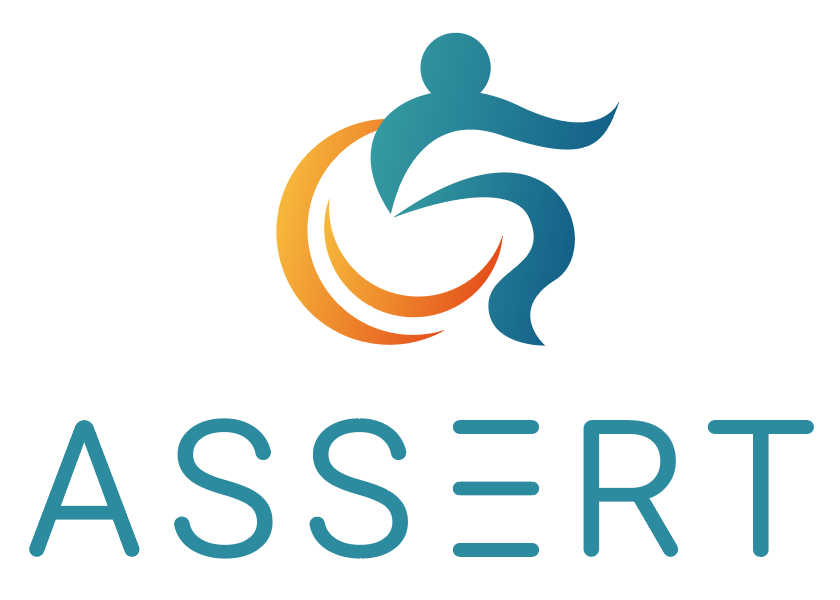Solutions to Tackle Energy Poverty (STEP) was a project to develop a simple, innovative and replicable model of measures to address energy poverty. STEP’s overall objective was to alleviate energy poverty by encouraging behavioural change and low-cost energy efficiency solutions among consumers in or at risk of energy poverty through trusted, tailored advice. With a budget of over 1 million €, the project had 3 main activities and pillars which run through the entire project duration of 36 months.
STEP aimed:
•To get consumer groups and frontline-organisations, who advise people on a range of issues such as financial or health-related ones, to partner and deliver advice to energy poor consumers.
•To help energy poor consumers across the 9 project countries save energy and improve their living standard. It advise consumers on more efficient energy consumption and how this could help them save money and improve their health and well-being. The project carried out information campaigns, provided tips on how to save energy, demonstrated cost savings and helped put in place low-cost energy efficiency measures.
•To disseminate best practices and policy choices to alleviate energy poverty and promote their replication in other EU countries.
Local authorities helped the project better reach their target group either by enabling the project to train their frontline workers, opened advice offices on behalf of STEP, facilitated our contact with other of their branches in social work or building management and renovation.
The project was a good practice that managed to advise consumers by developing phone lines on energy and including the phone number on energy bills. Another success was running the STEP videos in surgeries, waiting rooms and hospital screens. As for creating networks of advisors together with frontline workers, STEP's best practice was collaborating with municipalities’ citizen advisory networks, health workers and building managers in multi-family housing.
Some concrete key performance indicators (KPIs) of the project included:
- Consumers involved: 15.000.
- Support schemes established for energy efficiency and RES: 9
- Primary energy savings: 17.78 Gwh/year.
- Reduction of green house gas emissions: 2,869 tCO2-eq/year
Main beneficiaries: energy advisors, the energy poor, frontline workers, low income consumers, national/local authorities and policy makers.
-

-
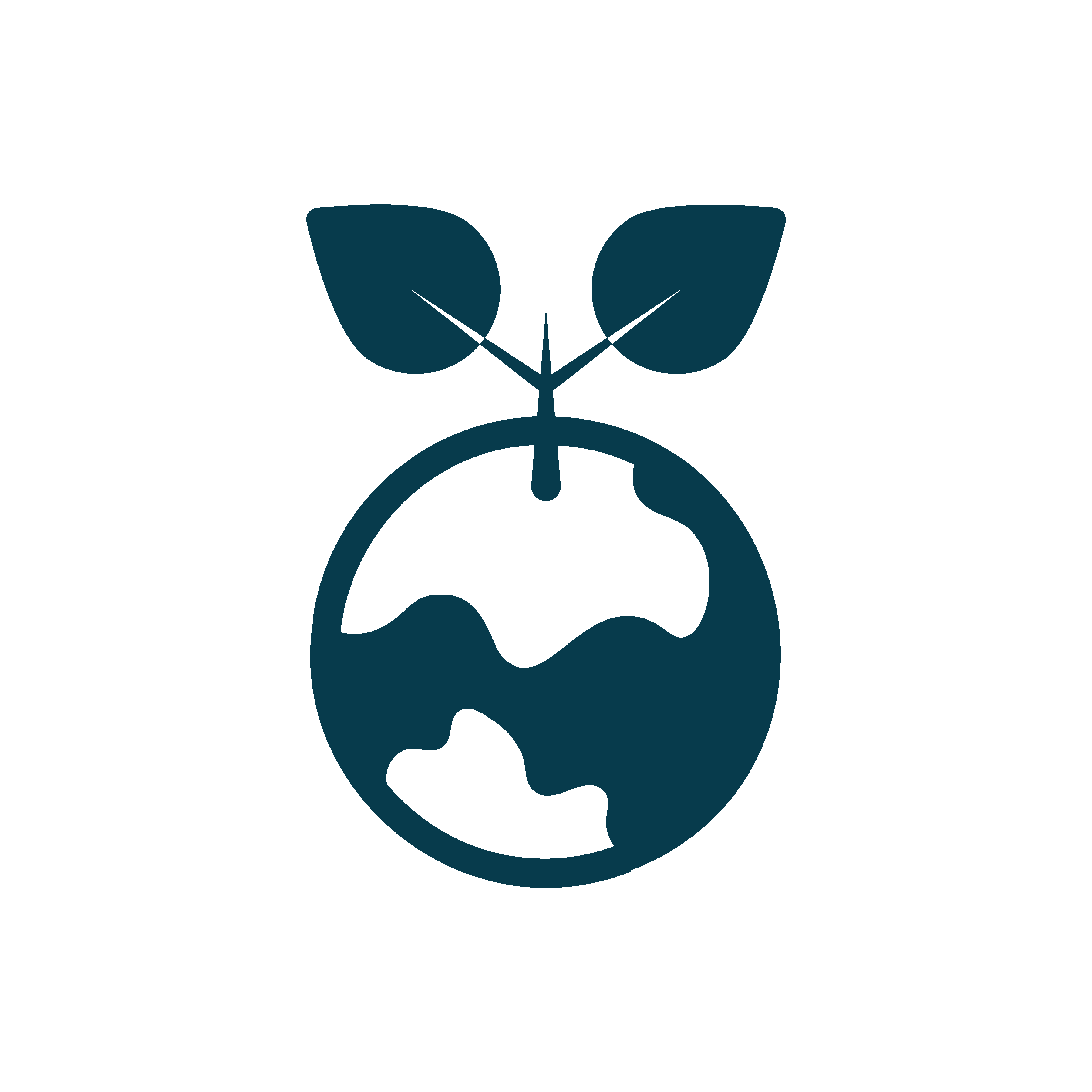 Countries impacted:
Countries impacted:
BulgariaCyprusCzech RepublicLatviaLithuaniaPolandPortugalSlovakiaUnited Kingdom -
 Geographical scale:
Geographical scale:
International -
 Energy poverty phase:
Energy poverty phase:
DiagnosisPlanningImplementation -
 Intervention type:
Intervention type:
Transparency and information sharingCommunication campaignCapacity building and trainingConsumer Advice, protection and empowerment -
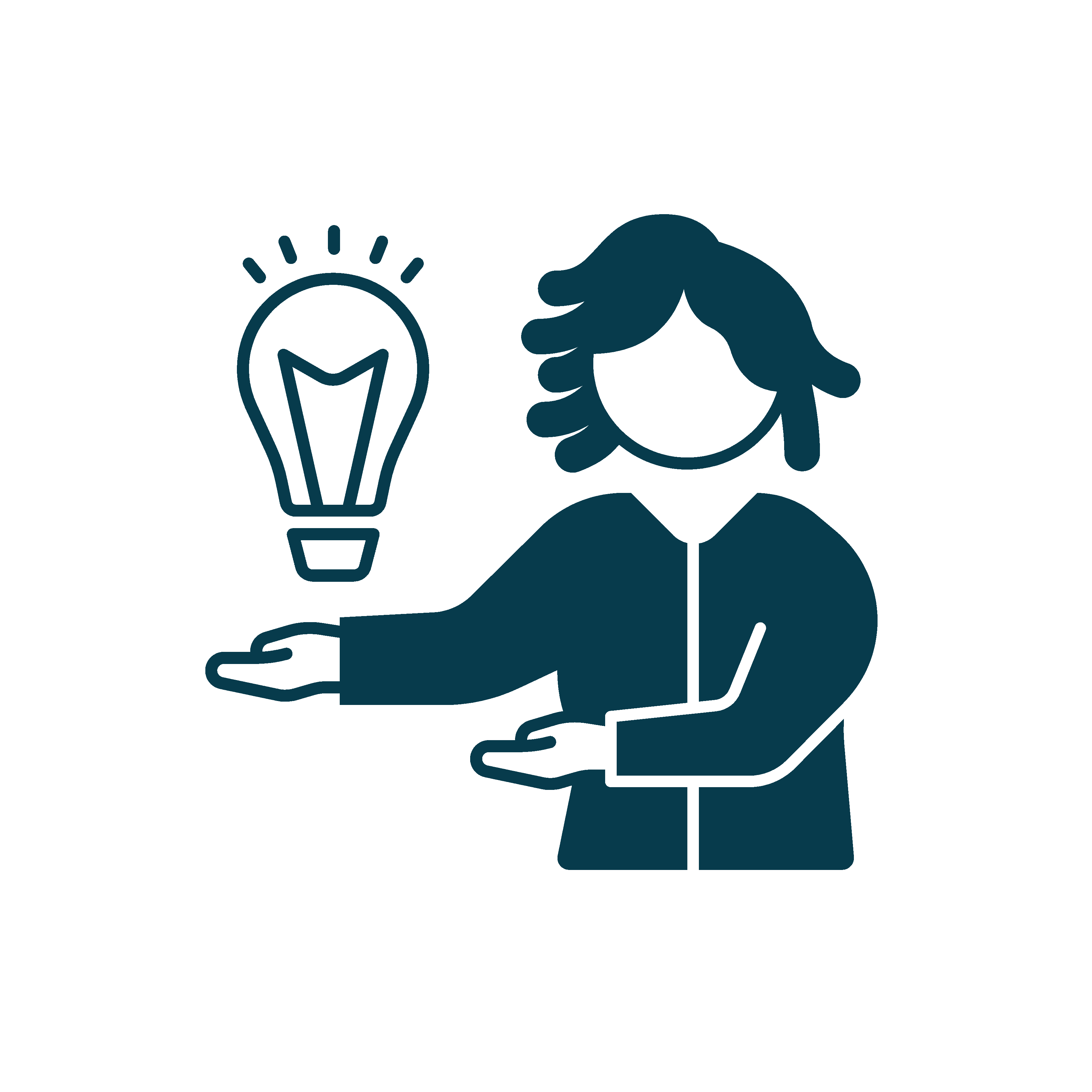 Professionals involved:
Professionals involved:
Member of a local/national authoritySocial workerResearcher -
 Type of funding:
Type of funding:
European funds from the H2020 programme of the European Union -
 Website:
Website:
Case website -
SDGs addressed:

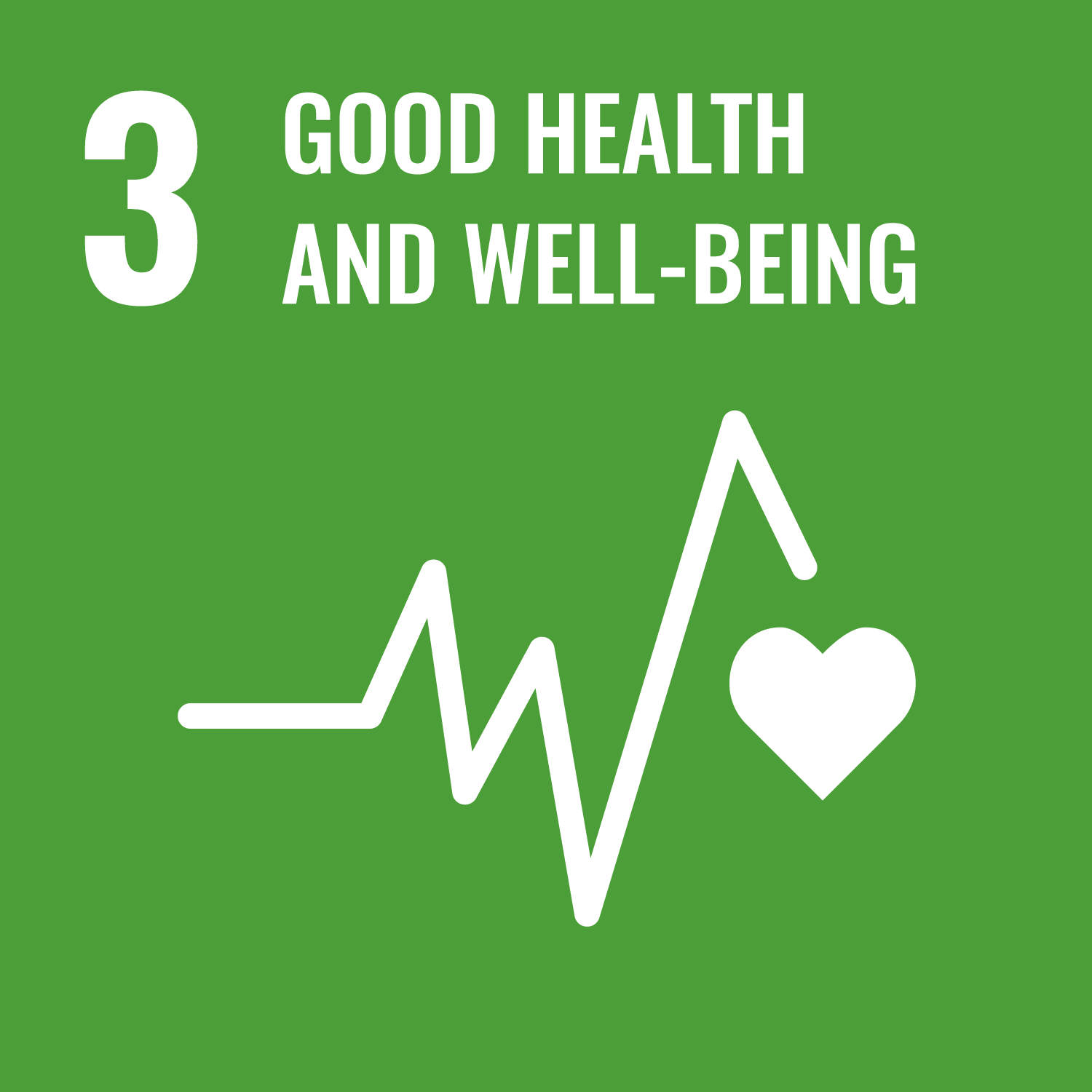
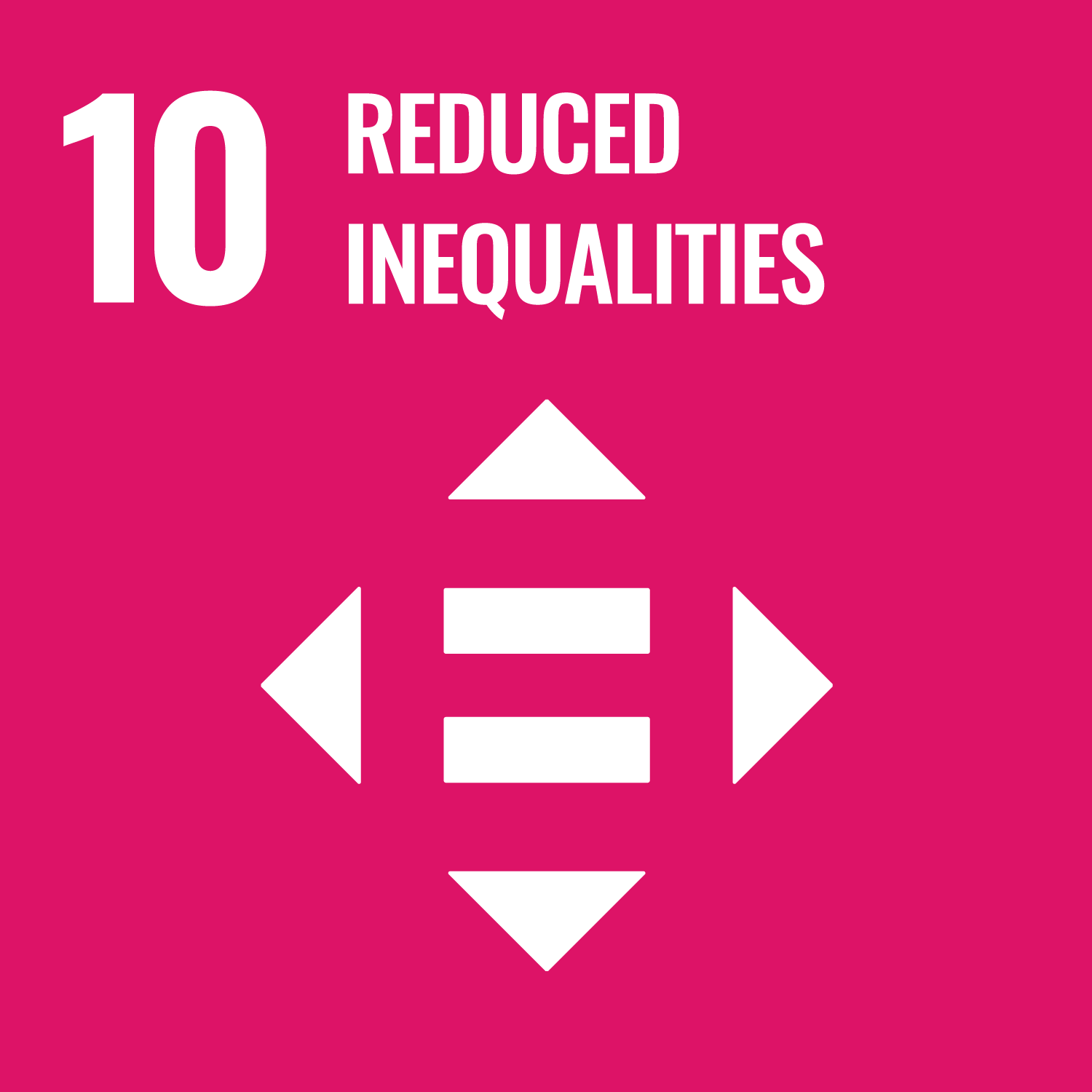
Explore more



